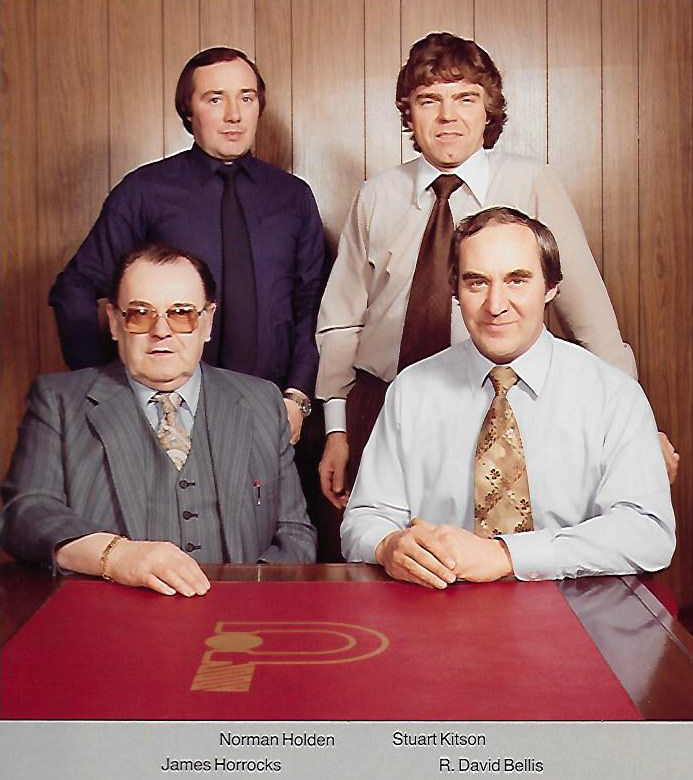Search by product, support information & more
Most popular searches:
Search for "PA00185"Read our Latest Blogs >
Click here for Technical Support >
We’ve got a new look! Please note: all users need to re-register to take advantage of our new website functionality
In our two earlier pieces we have spoken about David Bellis’ early days and the conception of P.A.D Automation, David had moved into making not only payouts but coin hoppers and coin testers for the expanding amusement business.
David’s business was going from strength to strength, and in 1968 he met his future partners Norman Holden and Stuart Kitson, before a local businessman, ‘Jimmy’ bought 25% of their company for £2000. David mentioned that in honesty, he and his two partners Stuart and Norman didn’t need the money but they enjoyed the comfort that the extra capital ensured; £2000 being worth much more in the 1960s than it is today.
The company called Coin Controls was formed and the design for the payouts still remained at the forefront of coin handling technology. Numerous products were designed by David and his team; the standard hopper that was licenced to the Japanese who made over one million units for the Japanese market, closely followed by the universal hopper and compact hoppers. David has always been a few steps ahead of the industry; one idea David had was for the person in the bar to be able to empty the machines instead of having collectors going from machine to machine. However, when he took it to Barcrest, John Marshal said “if there were no machines installed in the country, we could use such a system. One component of the system, the Universal hopper was sold separately and became the industry standard at that time.
While this was happening however, other areas of his business were thriving, the boom of the gaming industry and orders of 2000 hoppers a day from manufacturers in Spain were accumulating. Business was great for David as his company changed from being fairly casual to a more professional structure with appropriate business systems and more people with degrees joining his team. The company received many accolades including two Queen’s Awards for Exports.
In 1983, David and the other board members decided to float Coin Controls on the London Stock Exchange. It was something that they had considered for a while, but it was a giant leap for the boys from Royton and was done as a slight insurance policy in case one of the directors died. By this time, the original £2000 that the local business man, Jimmy Horrocks had invested had been turned into a figure closer to the £2 million mark, upon his death the shares were sold for roughly that amount.
Read more in our blogs
